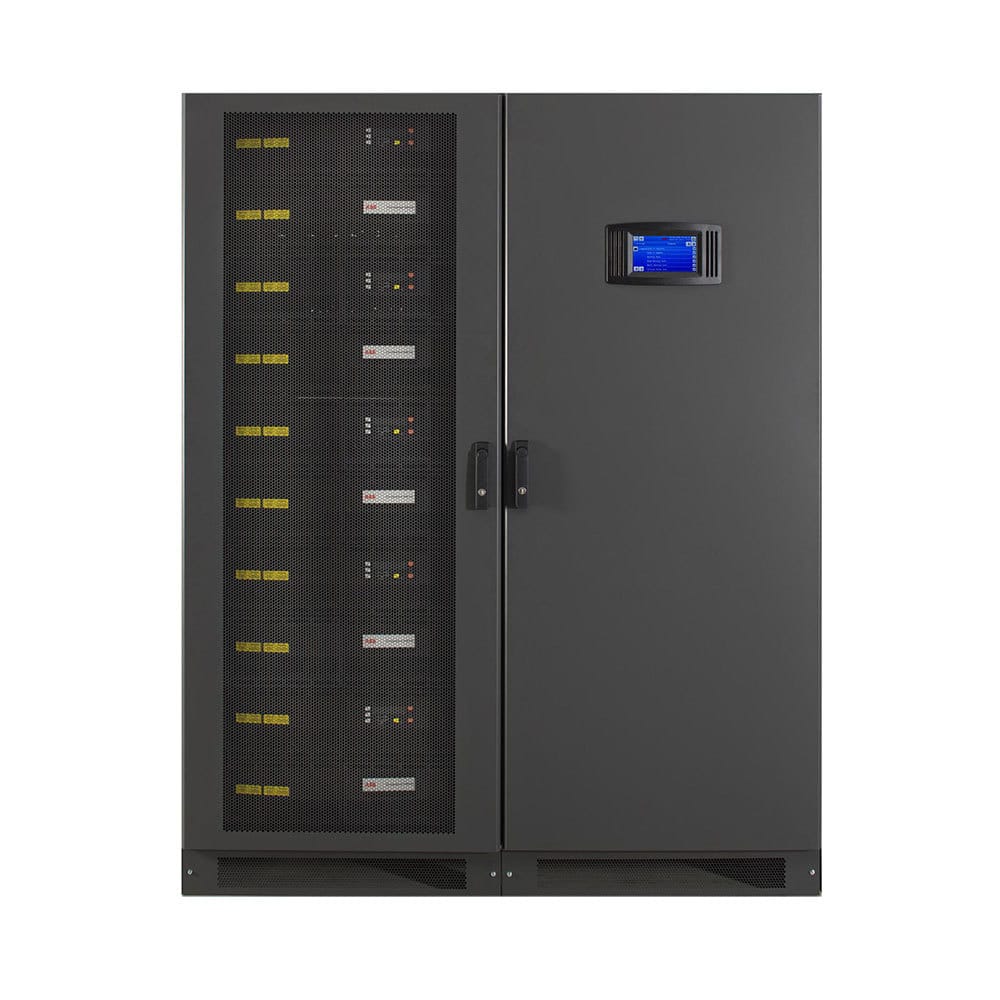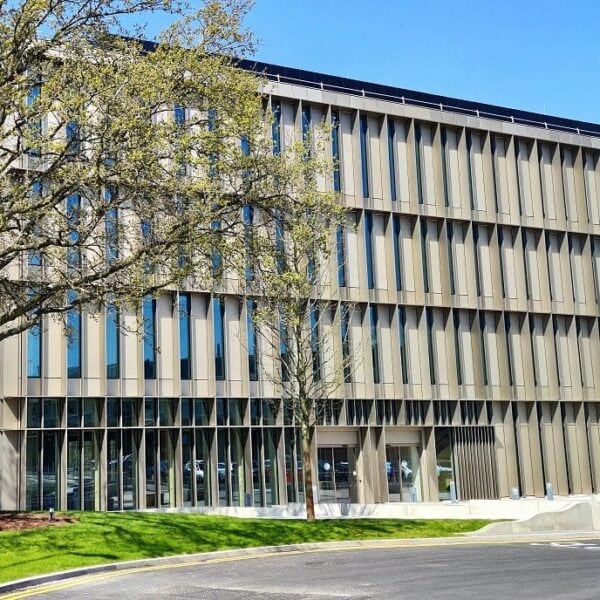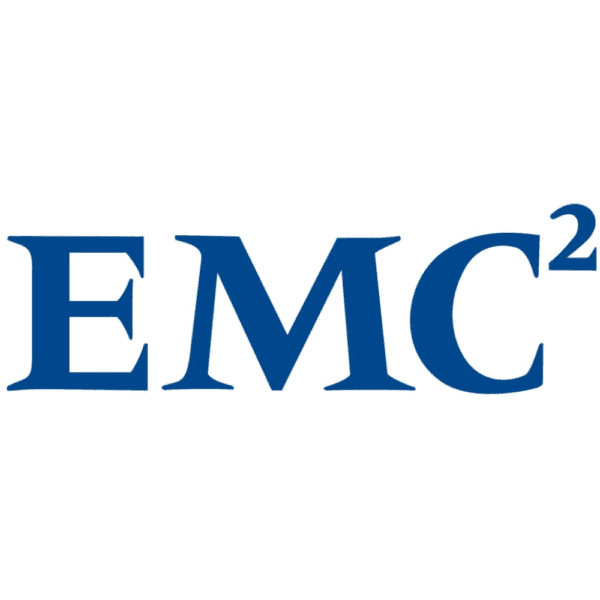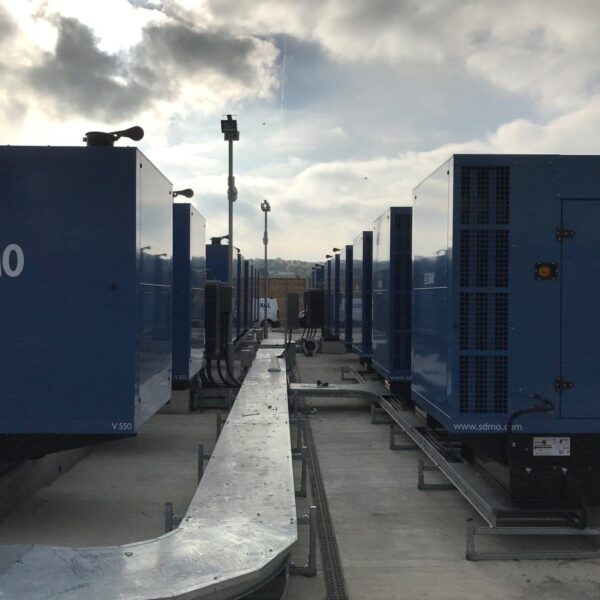Some data centres are now being built to a very large scale. One of the largest, the QTS Atlanta-Metro Data Center has over 970,000 sq ft of total space, complete with its own on-site Georgia Power substation; this delivers 120 MVA of utility power [i]. Electrical redundancy is achieved through two feeds from separate substations that power three on-site 40 MVA transformers. There are also 46 generators to provide backup power through 23 independent UPS.
This is just an example, albeit a very large one, of the sizes now being attained by data centres. So how do you build UPS systems that can offer the power efficiency and resilience coupled with the sheer capacity demanded by such large-scale environments? This post describes the horizontally- and vertically scalable KOHLER PW 9500DPA UPS as an example of how it can be done.
Large scale UPS
While power demand measured in MW rather than kW is one challenge for many data centres, it’s usually accompanied by another; the likelihood that this already-large requirement will grow significantly in the years to come. The global data centre power market, which was worth USD 19.89 billion in 2017, is projected to grow to USD 32.36 billion by 2023; a CAGR of 8.45% for the period 2018 – 2023 [ii].
To handle these factors, UPSs must therefore be highly scalable, yet offer sufficient capacity to meet initial demand. Providing capacity immediately for possible future demand would result in a startup installation that would be oversized. Therefore, inefficient both electrically and commercially. In addition, making accurate growth predictions is difficult. Yet futureproofing must be provided somehow, to avoid restricting data centre development.
KOHLER Uninterruptible Power’s PW 9500DPA modular UPS system offers one suitable solution. Startup installation could comprise of a single cabinet with one 100 kVA UPS module. UPS capacity can then be incrementally scaled, to keep pace with growing demand, by plugging more 100 kVA modules into the cabinet as needed; each 9500DPA cabinet accommodates up to five modules, to give 500 kVA capacity – or 400 kVA, with N+1 redundancy. The modules are hot swappable, so they can be added (or removed) without interrupting power to the load.
Expansion by populating a single cabinet like this is known as vertical scaling. Further capacity, up to a maximum of 3 MW, can be achieved by horizontal scaling: connecting up to six fully-populated cabinets in parallel. The UPS supports significant data centre growth, while remaining efficiently ‘rightsized’ throughout its operational life.
Energy demand at this elevated level highlights the need for power efficiency in today’s carbon-conscious climate. The KOHLER PW 9500DPA contributes with a high online energy efficiency of 96%, which minimises cooling costs as well as system losses. This can be boosted to over 99% by running the UPS in eco-mode; however eco-mode is often considered unsuitable for data centres, as it involves exposing the critical load to raw incoming mains power during normal operation.
Unlike most UPSs, the system can maintain its high efficiency even when operating at significantly under capacity. It does so by running in Xtra VFI mode, in which the number of UPS modules actively on line is automatically adjusted if the load changes – a type of automatic, dynamic ‘right-sizing’ operation. Not-needed modules remain ready to share the load immediately if it increases, or if the mains supply fails.
The KOHLER PW 9500DPA’s energy efficiency has been recognised by its inclusion on the Carbon Trust’s Energy Technology List for Enhanced Capital Allowances (ECAs), giving tax benefits to its users.
While the system is a great candidate for large-scale data centres due to its capacity, scalability and energy efficiency, it also fulfils the most fundamental UPS requirement – very high availability, rated at ‘six nines’ or 99.9999%.





